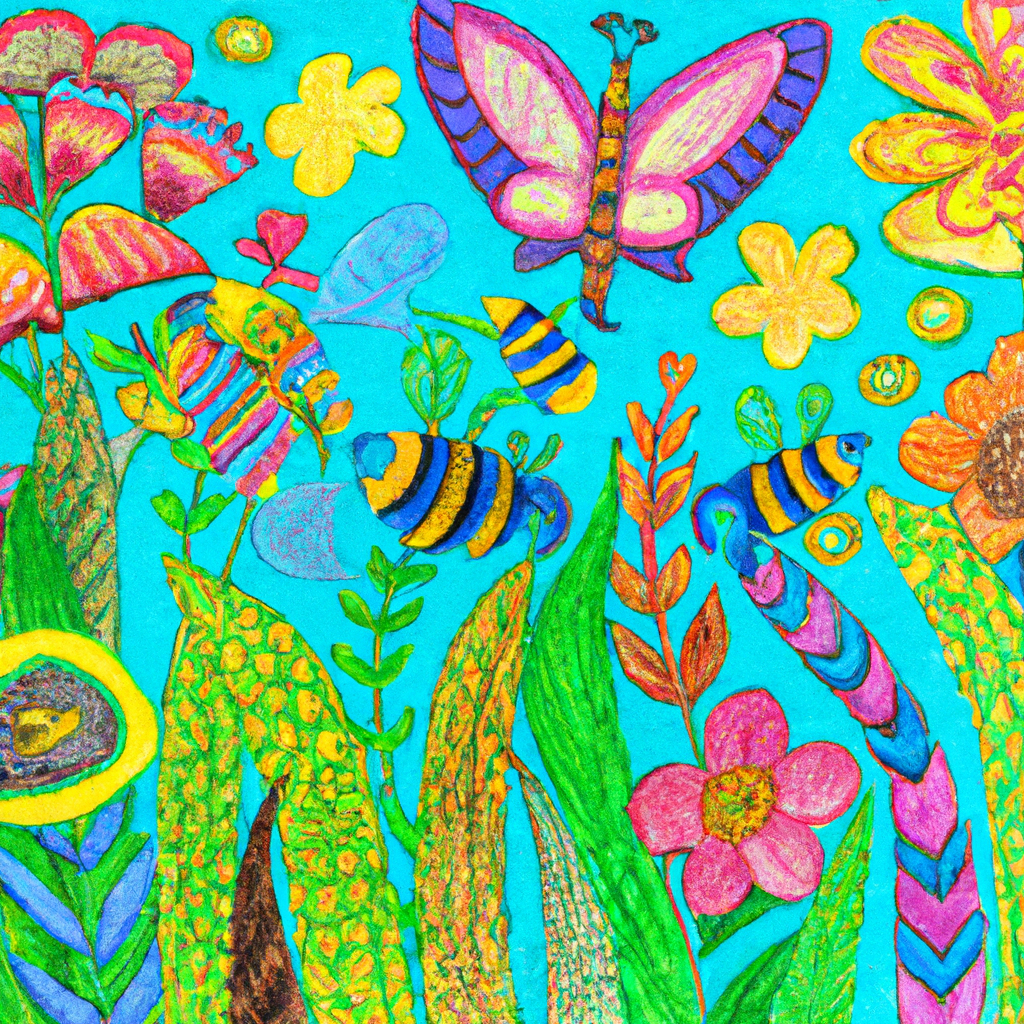In the realm of sustainable agriculture, there exists a group of unsung heroes whose vital role often goes unnoticed – pollinators. These industrious creatures, including bees, butterflies, birds, and bats, play a crucial role in the pollination of crops, ensuring the bountiful harvests that grace our tables. However, their significance in the farm to table sustainability chain is often overlooked. In this article, we delve into the world of pollinators, unraveling the intricacies of their role and emphasizing the importance of nurturing their populations. Join us as we shed light on these forgotten heroes and explore the impact they have on our food system.

The Pollination Process: A Symbiotic Relationship
Pollination, the transfer of pollen from the male to the female reproductive organs of plants, is a fundamental process that enables plant reproduction. This intricate dance between plants and pollinators is a symbiotic relationship, benefiting both parties involved. As pollinators seek nectar and pollen as food sources, they inadvertently transfer pollen from one flower to another, facilitating fertilization and subsequent fruit or seed production. This process ensures genetic diversity and the continuation of plant species.
Declining Pollinator Populations: A Cause for Concern
Despite their vital role, pollinators face numerous challenges that threaten their populations. Habitat loss, pesticide use, climate change, and diseases all contribute to the decline of these crucial creatures. The consequences of dwindling pollinator populations are far-reaching and have significant implications for our food system. Without adequate pollination, crop yields decrease, impacting food availability, diversity, and quality.
The Economic Value of Pollinators
The value of pollinators extends beyond their ecological significance; they also play a crucial role in our economy. In the United States alone, pollinator-dependent crops contribute an estimated $20 billion to the agricultural industry each year. From almonds to apples, blueberries to coffee, and countless other crops, pollinators are responsible for one in every three bites of food we consume. Their economic importance underscores the need for their preservation and protection.
Enhancing Pollinator Habitat: A Win-Win Solution
Recognizing the critical role of pollinators, farmers and conservationists are increasingly implementing practices to enhance pollinator habitat. By creating and maintaining diverse flowering plants, providing nesting sites, and reducing pesticide use, we can create a welcoming environment for these important creatures. Not only does this benefit pollinators, but it also promotes biodiversity, improves soil health, and reduces the need for chemical inputs.
Engaging Communities: Spreading Awareness and Taking Action
As individuals, we all have a role to play in supporting pollinators. By raising awareness about their importance, we can inspire action and encourage others to join in the efforts to protect and conserve these valuable creatures. Planting pollinator-friendly gardens, advocating for pesticide reduction, supporting local beekeepers, and engaging in citizen science projects are just a few ways we can make a difference. Together, we can create a future where pollinators thrive, ensuring the sustainability of our farm to table food system.
Conclusion
In conclusion, pollinators are the unsung heroes that underpin the sustainability of our farm to table food system. Their role in pollination is vital for crop production, genetic diversity, and economic value. However, the decline in pollinator populations poses a significant threat to our food security and ecosystem health. It is crucial for us to recognize and appreciate the importance of these forgotten heroes. By implementing practices to enhance pollinator habitat and spreading awareness within our communities, we can contribute to their conservation. Let us come together to protect and preserve these invaluable pollinators for the benefit of present and future generations.



